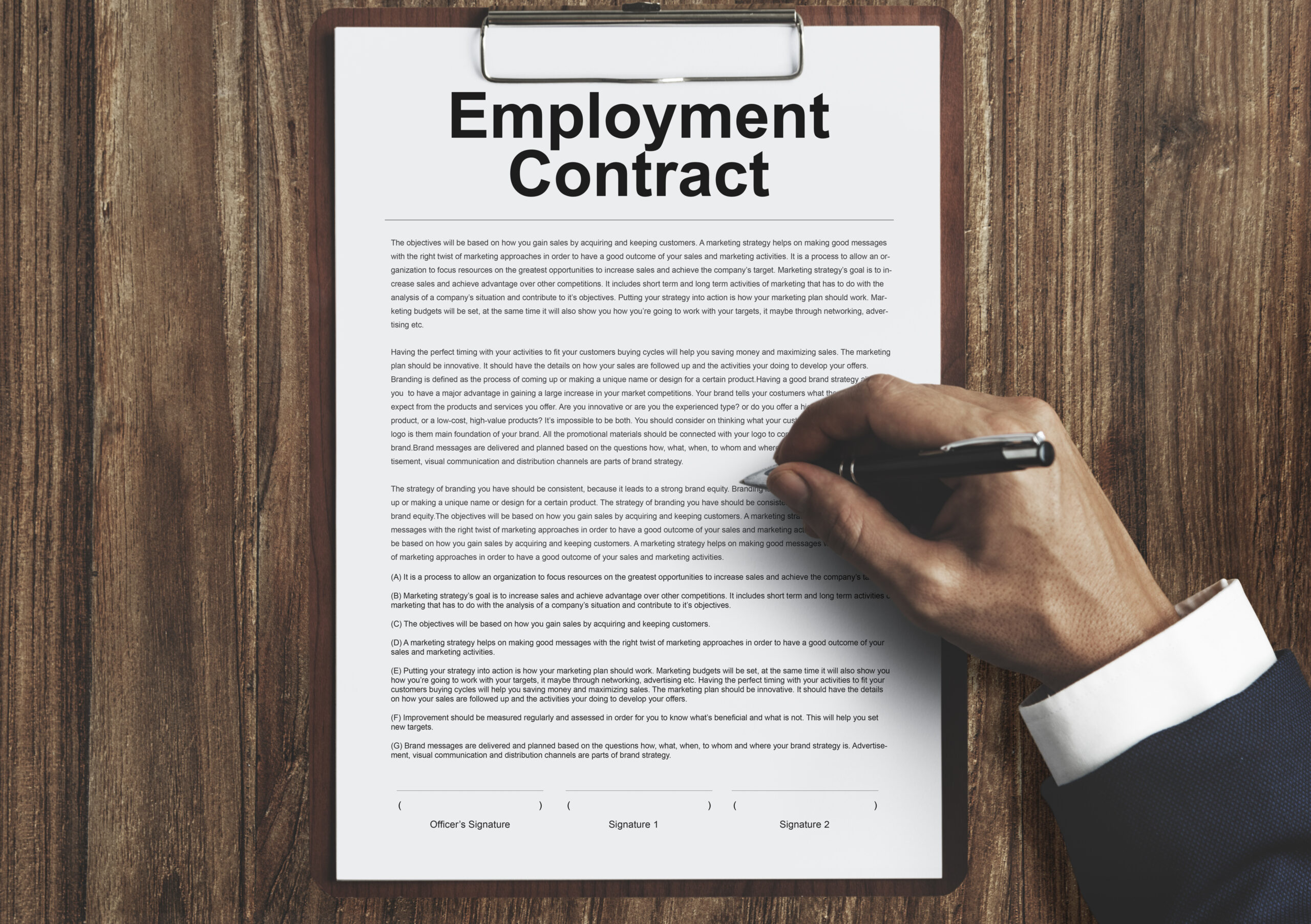Knowing the rules on working hours in the UAE is essential for both employers and employees. If you own a business, you need to comply with the regulations so you can continue your operations in the country. And, if you’re an employee, you need to know your rights.
In this article, you’re going to learn the labor law provisions regarding working hours in the UAE, so you can know how to stay in compliance in your business, or if you’re an employee, you also need this knowledge. Let’s observe:
- What are the rules on working hours in the UAE according to Labor Law?
- What are the maximum working hours in the UAE?
- Is there a difference between private and public sector working hours?
- Is there an increased number of hours based on occupation?
- What are the working hours for senior employees?
- The rules concerning overtime work
- Additional provisions in the labor law regarding working hours
- How can Connect Resources help you comply with the laws for working hours?
1. What are the rules on working hours in the UAE according to Labor Law?
In the UAE, it’s mandatory to know and respect the law that governs companies that want to work in that place. If you fail to comply with the regulations, you’ll have to face the consequences, and your business may suffer.
One of the main issues companies face is related to the maximum working hours and the rules that apply to their employees’ schedules and time. If you’d like to have a successful business in the UAE, you need to know the latest update of labor law, so you don’t have any troubles with your workforce.
Keep in mind that since the Covid-19, many jobs and salaries have been impacted negatively, and this also includes the working hours.
Learn more about the influence of the pandemic in the employment sector in the UAE.
1.1 Why do you need to know about the regulations concerning working hours?
As an employer, you need to know the rules on working hours because you need to provide the best working conditions for your workers.
As an employee, you also need to have knowledge about the various aspects of the Labor Law so you can be prepared if you need to raise any complaint because the company is violating your rights.
In both cases, it’s crucial to know the provisions of the law to be prepared in any situation and to stay in compliance with the relevant authorities. If you’re having trouble with staying in compliance with your business, you can contact Connect Resources to be assisted with the most important rules of the UAE.
Know more about Connect Resources and its HR Consultancy Service
2. What are the maximum working hours in the UAE?

In every country, the working hours vary significantly. In the UAE, it’s essential to know all the guidelines so you can do your job without any discomfort. Every worker is expected to work for a specific period of time, but it’s equally important to respect their spare time and give them time to rest.
The main point about the rules on working hours is related to the maximum time a worker should be on duty. It’s a complicated issue because it depends on several aspects, and every employer should know about this.
Knowing the number of hours an employee is expected to put in work is not as simple as it might be in other countries, because the UAE depends on the following aspects:
- Occupation: some workers may work longer periods if they belong to a specific occupation
- Sector: working hours are different for employees of the private and public sector
- Position: junior and senior employees are expected to follow different regulations concerning working hours.
However, according to the Labor Law, the maximum number of regular working hours should be eight hours a day. It’s crucial to know it, as it’s one of the most common employment issues that companies have to take into account.
Learn more about employment problems and concerns in the UAE.
3. Is there a difference between private and public sector working hours?
To know the rules on working hours, first, you need to determine if you belong to the private or public sector.
- Private sector: according to Article 65 of the Labor Law, employees and companies that belong to the private sector should work eight hours a day, or 48 hours a week.
- Public sector: if you belong to the public sector, the required amount of time to work should be seven hours a day.
Many businesses decide to include the maximum number of working hours in their employee handbook to have everything clear.
Know more about the employee handbook and why it’s important for your company.
4. Is there an increased number of hours based on occupation or sector?

As mentioned above, the maximum number of working hours could increase if you belong to a specific sector or if you hold a specific occupation.
According to the Labor Law, if you’re employed in cafeterias, hotels, security, or any other business that receives approval from the MoHRE (Ministry of Human Resources and Emiratisation), your working hour could increase to nine hours a day.
Keep in mind that lower salaries affected the way of doing business in the UAE, so the working hours also were modified based on each company’s requirements.
Know more about the lower salaries and their impact on the economy and jobs.
5. What are the working hours for senior employees?
According to Article 72 of the Labor Law, these rules on working hours don’t apply to senior workers or any other with a high-rank position specifically. Senior employees, senior managers, and any other employees belonging to the special occupation categories don’t fall under the provisions stated in the working hour’s chapter of the Labor Law.
6. The rules concerning overtime work
Overtime work is also one of the main concerns when it comes to the rules on working hours because many employees don’t know how to handle this.
Article 67 and Article 68 of the Labor Law specify the regulations concerning overtime work. Overtime is considered that time beyond normal working hours and the rules state as follows:
- The employee is entitled to receive a wage equivalent to the ordinary hourly wage and 25% additional to that pay.
- If the worker does their overtime between 9 pm and 4 am, the percentage increases to 50%
7. Additional provisions in the labor law regarding working hours

The rules on working hours include many other aspects, and it’s essential to be aware of aspects like breaks and travel time since they are very important for employees.
All of these rules apply to any employee; it doesn’t matter the distinction between permanent and temporary workers because all of them have to fulfill a number of working hours.
Know more about temporary employment and how it’s a different concept that could help your business.
7.1 Ramadan working hours
According to Article 65 of the UAE labor law, the regular working hours are reduced by two hours during Ramadan. It’s important to respect this important holiday for the country, and every worker should be allowed to follow this indication.
If the company fails to comply with this, it could incur serious liabilities, so it’s important to know when this holiday is so you can respect the indications.
7.2 Breaks
The UAE working hours today allow workers to take breaks so they can continue being highly productive. According to Article 66 of the Labor Law, workers are not allowed to work for more than five consecutive hours. It means that they have to stop for taking a break, for having meals, or for praying.
According to the law, the regulations for breaks are as follow:
- The maximum consecutive hours of work is five, after this time; workers should take a break
- The break shouldn’t be less than an hour
- The worker can use the break for any activity such as eating or praying
- The break isn’t part of the total amount of working hours
In the case of workers that have to do uninterrupted work, such as factories, the breaks are regulated by the Ministry of Labor, and it indicates the periods of rest, prayer, and meals.
It’s important to know that the UAE is prohibited from working more than seven hours a day if the work conditions are considered difficult, arduous, or unhealthy.
7.3 Travel time
The travel time is also highly important for employees because they have to take the road to get to their work from their homes. Article 65 of the UAE Labor Law indicates that it’s not a factor calculated within the total working hours.
According to the law, the commute isn’t part of the maximum working hours, which means that travel time isn’t included. For this reason, it’s important that employees find a place to live that is located near their workplace, and further if you want to work from anywhere in Dubai with anyone you can get Freelance Visa.
7.4 Midday break
According to the UAE labor law, there is another concept known as the midday break. This applies to workers that do their jobs outdoors during the summer months. During this season, the temperature reaches a peak that is considered harmful for the employee.
The MoHRE advises companies to provide a midday break to these workers, which consists of preventing any outdoor duty between 12:30 pm and 3 pm. This midday break is usually provided during the months of June and September.
7.5 Rest day
When considering the UAE working hours today, the rest day is not part of them, but it’s very important because every worker is entitled to rest so they can use their spare time as they please and recover to go back to work.
According to the law, the weekly rest day for all workers should be on Friday. However, companies can request their employees to go to work on their rest day, but some provisions apply according to Article 70 of the Labor Law: the employee could choose between a substitute rest day or choose the remuneration as their regular hourly wage plus 50%.
7.6 Work schedule
The work schedule is highly important to set the rules in the company, so every employee is aware of the number of hours they should work. According to Article 73 of the Labor Law, these are the indications:
- The employer should post the work schedule, which includes the working hours, rest periods, and rest days, so the workers are informed.
- The schedule should be posted in highly visible places, just like the main entrance or any other prominent location.
In addition to having to set the work schedule for your employees, you have to know how outsourcing can help you with this and many other aspects.
Learn more about how outsourcing could be the best solution for your business and workforce.
8. How can Connect Resources help you comply with the laws for working hours?

Having an overall knowledge about the working hours in the UAE is beneficial for your business, but as you can see, there are many regulations that you need to know, and they’re constantly updating.
For this reason, you need to have an HR team with specialists that are continuously checking if there are any changes in the Labor Law, so your business could remain safe and comply with the indications of the Ministry of Labor.
Since staying in compliance with the law is a challenge for many businesses, you can contact Connect Resources to receive help with everything related to the law and with the relevant authorities.
Contact Connect Resources to receive Visa and Government Services to stay in compliance with the law.
Would you like to contact Connect Resources to help you with compliance with the law? You can call at +971 433 166 88 or send an email to contact@connectresources.ae, and you’ll talk to one of their representatives that will gladly answer all of your questions.












